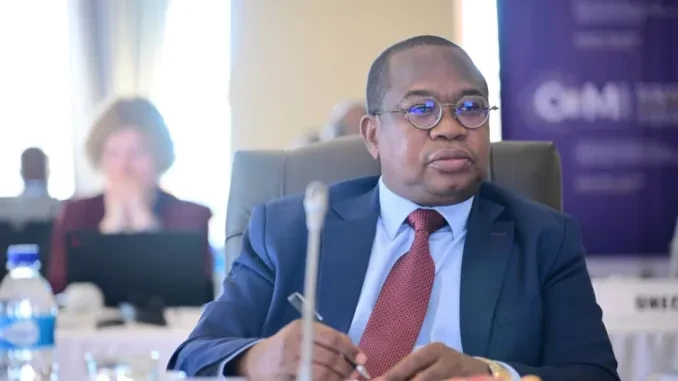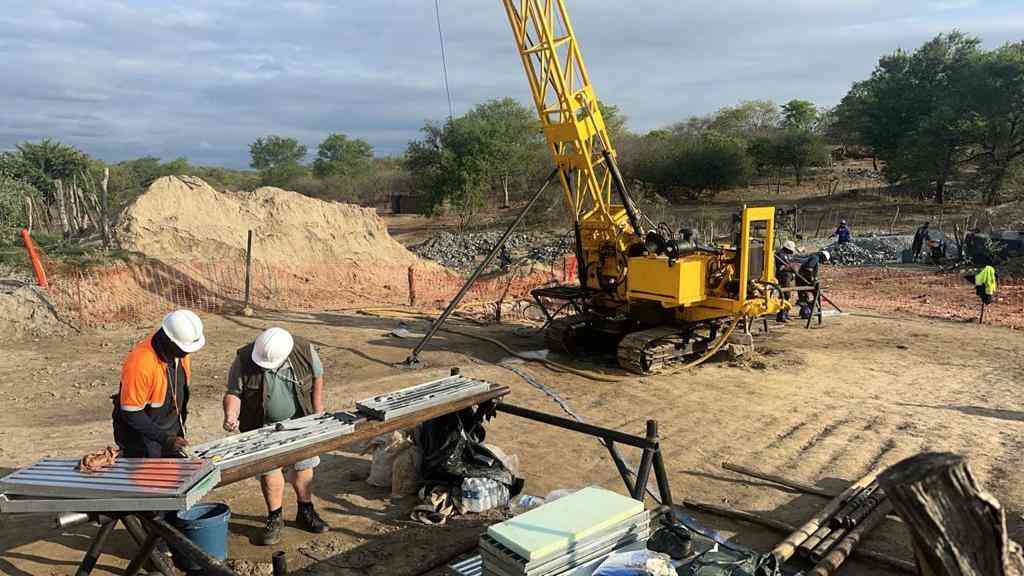
BY TAFADZWA MHLANGA
ENERGY and Power Development deputy minister Magna Mudyiwa confused parliamentarians and the nation last week when she said it was illegal to sell fuel in US dollars despite the Zimbabwe Energy Regulatory Authority (Zera) inviting more fuel companies to do so. Last week, Zera invited more fuel companies to apply to sell fuel in foreign currency. The arrangement will see successful fuel operators having a maximum of two fuel supply sites in Harare and Bulawayo per petroleum company and one site in all other towns and cities selling the precious liquid in foreign currency.
“In Zimbabwe, fuel is sold in the local currency, but we do have selected garages who sell to the guests of the State like diplomats and NGOs who buy in foreign currency. We do not have any other service stations that sell in forex,” said Mudyiwa, in a Parliament sitting last week.
“Whoever is selling the fuel in US dollars is going against the law because the law of Zimbabwe is that we sell our fuel in the local currency and not in the US dollar.”
She added that she was not aware of any policy change to allow for the selling of fuel in US dollars.
Over the past few weeks, fuel shortages have worsened forcing Zera to increase fuel prices to $18,66 and $18,70 per litre of diesel and petrol, from $17,28 and $18,40, respectively. The increase was to allow fuel operators to raise enough funds to source the greenback. This comes as the interbank market was revealed to be “non-existent” at a parliamentary committee meeting on Monday whereby the Zimbabwe National Chamber of Commerce (ZNCC) told legislators that businesses were not sourcing any foreign currency from that market.
ZNCC went on to reveal that the interbank was seemingly working for a select number of fuel operators, essentially indicating that the central bank was subsidising them. The Reserve Bank of Zimbabwe (RBZ) earmarked US$120 million this month to import around 200 million litres of fuel, with US$18,5 million letters of credit confirmed for immediate drawdowns.
Allocations of the initial US$18,5 million are US$9,5 million to Trafigura which supplies Puma, Trek and Genesis service stations, with Total allocated US$2,5 million, IMIG US$1,52 million, Petrotrade US$1,25 million, Engen US$700 000 and Raven Energy US$500 000.
- Chamisa under fire over US$120K donation
- Mavhunga puts DeMbare into Chibuku quarterfinals
- Pension funds bet on Cabora Bassa oilfields
- Councils defy govt fire tender directive
Keep Reading
“Every month we use US$100 000 000 to import fuel. This means that throughout the year we use a minimum of US$1,3 billion on importing fuel,” Finance deputy minister Clemence Chiduwa said.
The RBZ is using its foreign currency retention from businesses to support fuel operators.
This was confirmed by the Bankers Association of Zimbabwe, who told a parliamentary committee two days earlier, that banks were not able to give foreign currency due to the central bank forex retentions. Another issue behind the fuel shortages raised in Parliament was the issue of monopoly in ethanol production.
Currently, local energy firm, Green Fuel, is the sole supplier of ethanol used for blending with petrol. However, Norton Member of Parliament and former chairperson to the Parliamentary Energy Committee, Temba Mliswa, queried why Green Fuel has got the monopoly over ethanol when it had no capacity.
“There is Green Fuel which is given a monopoly to bring ethanol and you talked about Triangle (agri-based sugar company, Triangle Limited). Triangle only comes in when Green Fuel has failed to supply. The question is why do you give monopolies to a company which has no capacity?” he asked.
Green Fuels is owned by businessman Billy Rautenbach who was recently alleged to have captured the State due to his close business dealings with President Emmerson Mnangagwa.
Mudyiwa told legislators that a ministerial statement would be brought before Parliament this week to address the fuel crisis.











